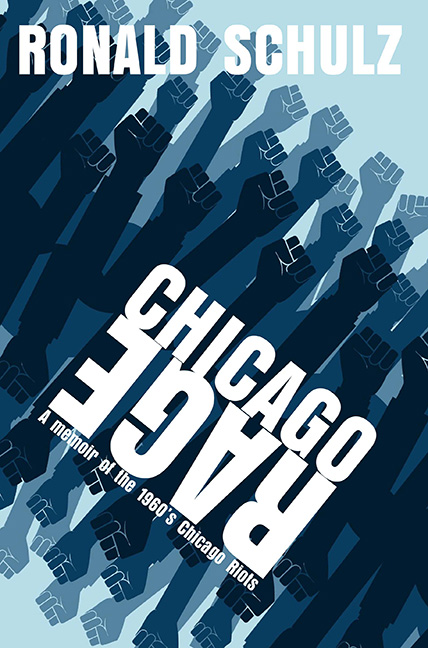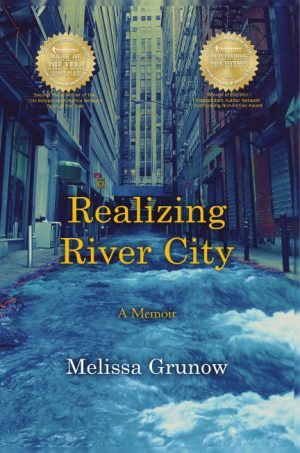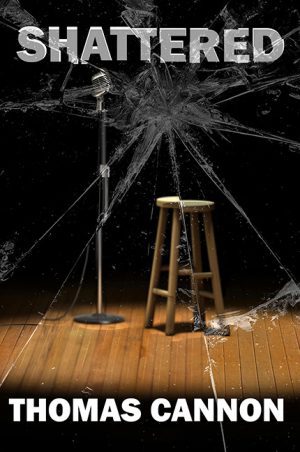Description
Where the dream of freedom collides with the fury of revolution.
Chicago Rage captures the restless, dangerous energy of the late 1960s through the eyes of Ronald J. Schulz, a seventeen-year-old runaway who rejects suburban conformity for the counterculture’s promise of love, rebellion, and revolution. From hitchhiking across the country to joining demonstrations in Chicago, Schulz’s memoir pulls readers into the passion and chaos of a generation unwilling to stay silent.
Set against the backdrop of Vietnam War protests, Weatherman rallies, and communes both idealistic and dysfunctional, Schulz recounts his journey with candor and fire. Alongside wild companions and fleeting romances, he struggles to balance spiritual exploration with political rage, chasing liberation while facing the dangers of violence, disillusionment, and the inexorable pull of adulthood.
Highlights include:
- Firsthand accounts of street battles during the 1969 “Days of Rage” in Chicago.
- Life inside communes where free love, spirituality, and rebellion intertwined.
- A candid portrait of the idealism, contradictions, and intensity of the hippie movement.
- A personal journey through love, loss, and the fight to belong in a changing America.
Frank, fearless, and brimming with the spirit of the times, Chicago Rage is more than a memoir—it’s a time capsule of the 1960s counterculture and a reminder of the costs of chasing revolution.
Written by Ronald Schulz




daowen –
Reviewed by Foluso Falaye for Readers’ Favorite
Following Martin Luther King Jr.’s assassination, 17-year-old Ronald Schulz chose to leave home, establish a commune in Chicago, and join the Yippee revolution. Thus began his road trip, in which he encountered a variety of characters, including a sexually unsatisfied deacon, homosexual guys who gave assistance with a twist, both friendly and hostile police officers, financially dependent friends, helpful strangers, and whimsical lovers. Ronald Schulz, as a long-haired teenager, learned directly how people might evaluate individuals based on their looks. He also encountered people who treated him decently despite his appearance. Chicago Rage captures the reality of the rebellious young dropouts and runaways who protested against imagined and actual symbols of capitalism in Chicago during the US counterculture era from Ronald Schulz’s point of view.
Ronald Schulz’s unpredictable, risky, and captivating journey ignited in me a yearning for adventure as well as a desire to declutter my life and live freely without suffocating duties and money ambitions. The book captures you from the first page to the last with its wild, carefree characters, the exhilarating themes of new friendship and youthful love, and highly detailed and poetic prose that leaves one in a dreamy, mesmeric mood. Chicago Rage, like a well-preserved movie tape, gives readers a vivid picture of what life was like for young rebellious hippies who rejected conservative American society in the 1960s by depicting the complexities of their reality, such as open relationships, drug experimentation, and their strong sense of brotherhood, among other things. I wholeheartedly urge anyone who wants to read an exciting historical tale about hippies and revolting against unfair governance to pick up Chicago Rage: a memorable trip back in time, with heightened emotions and dangers.